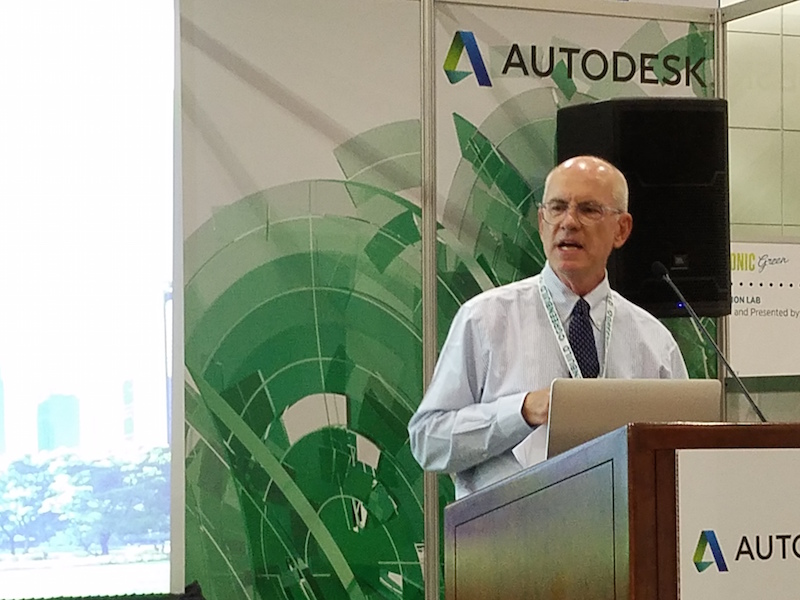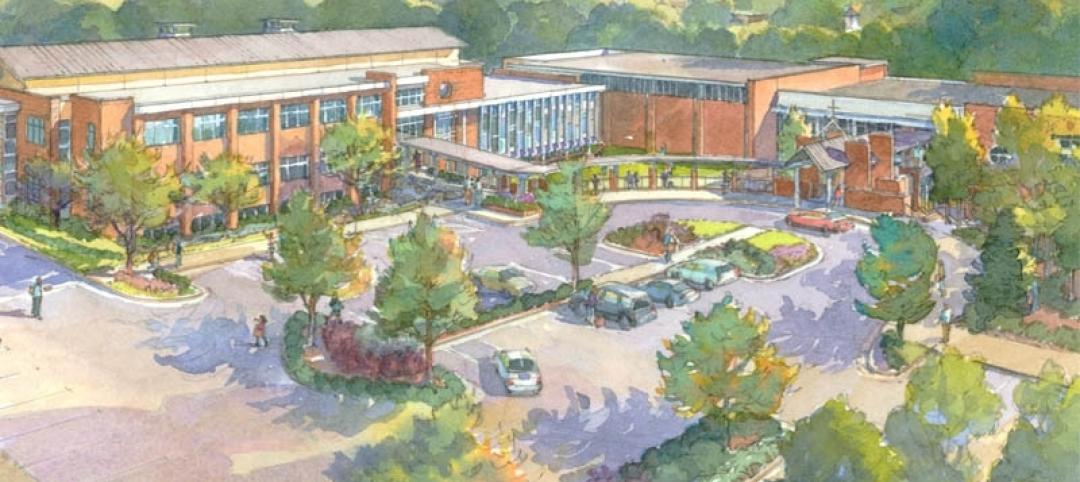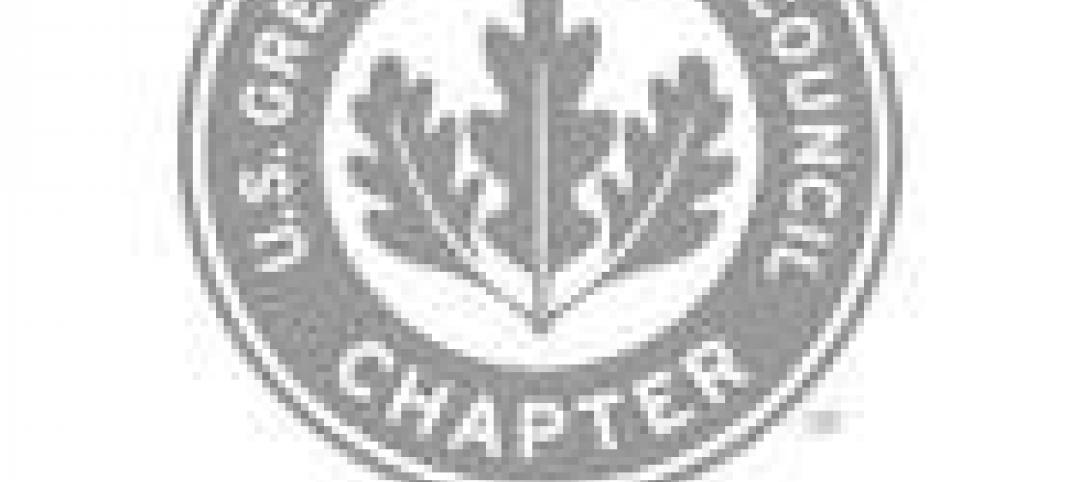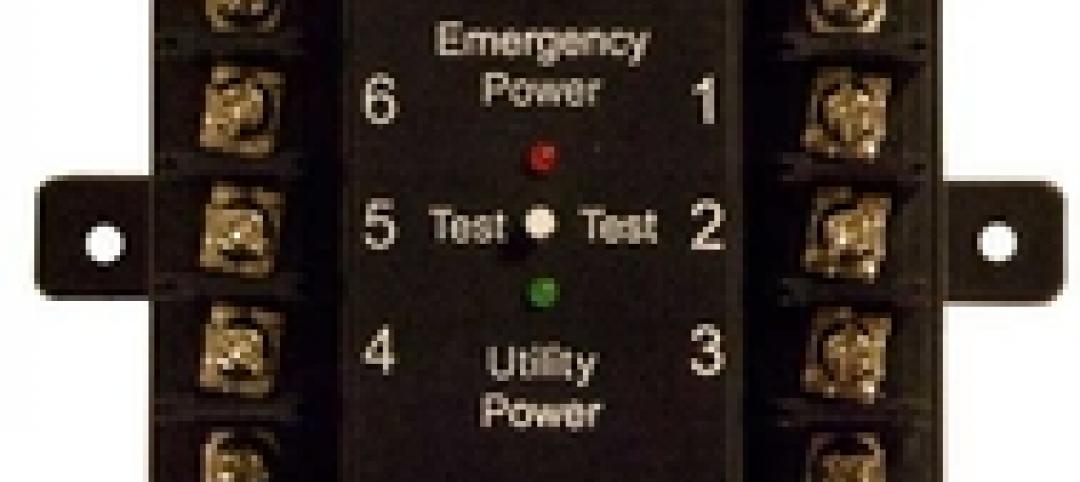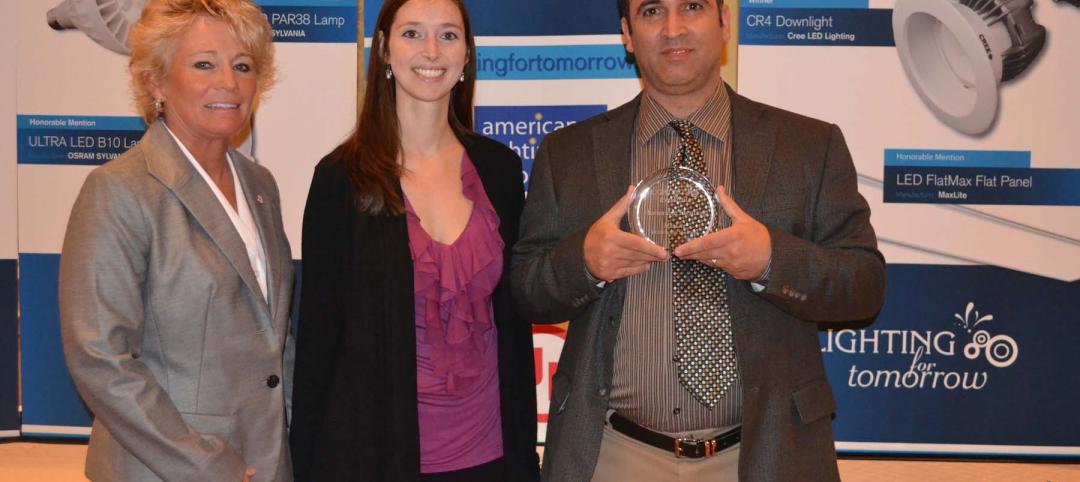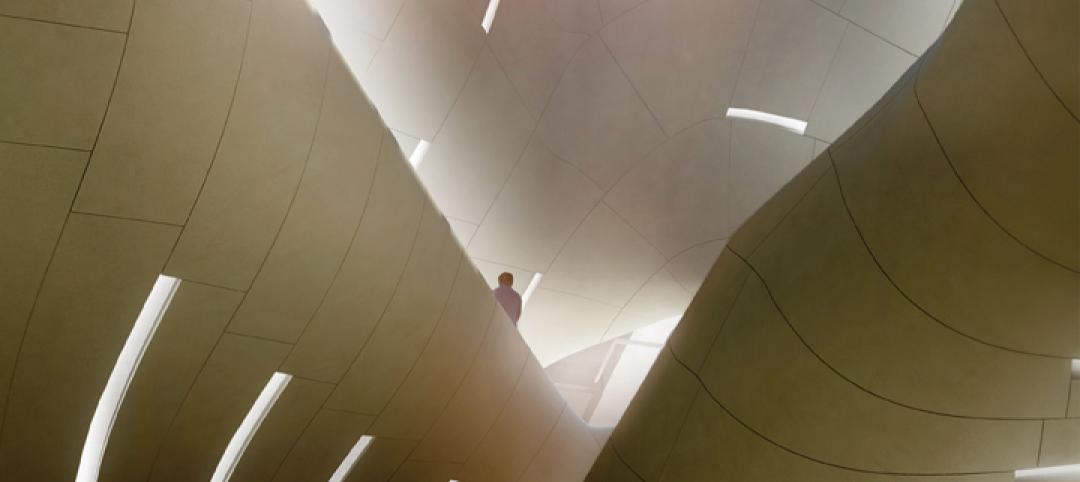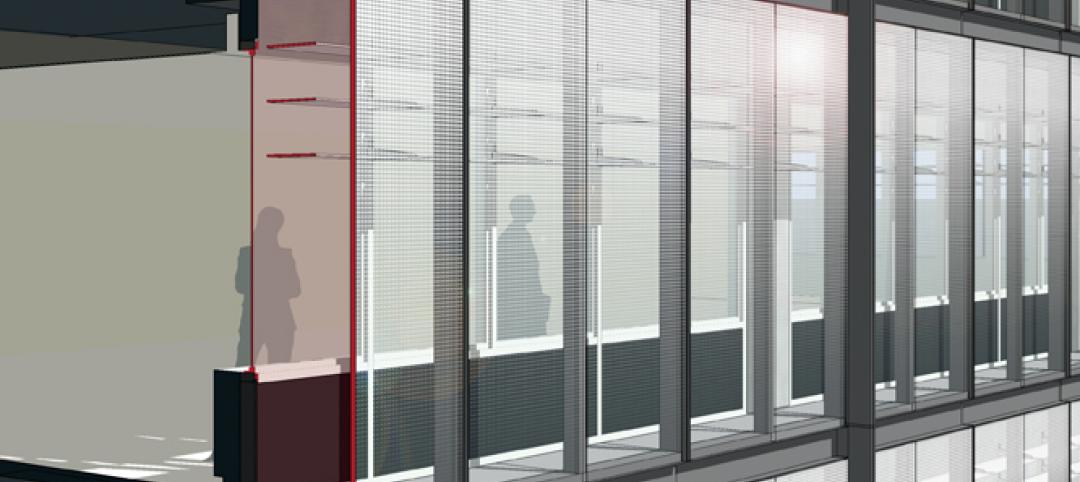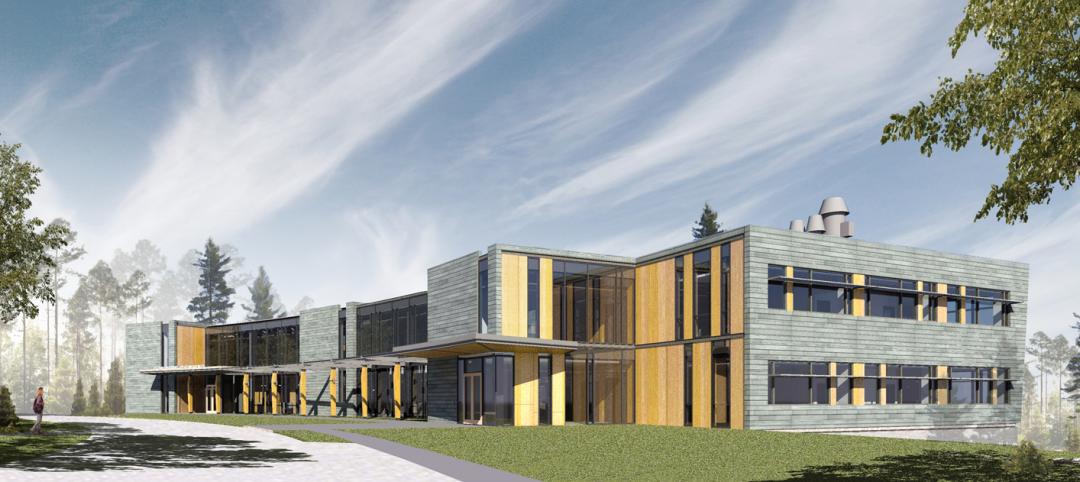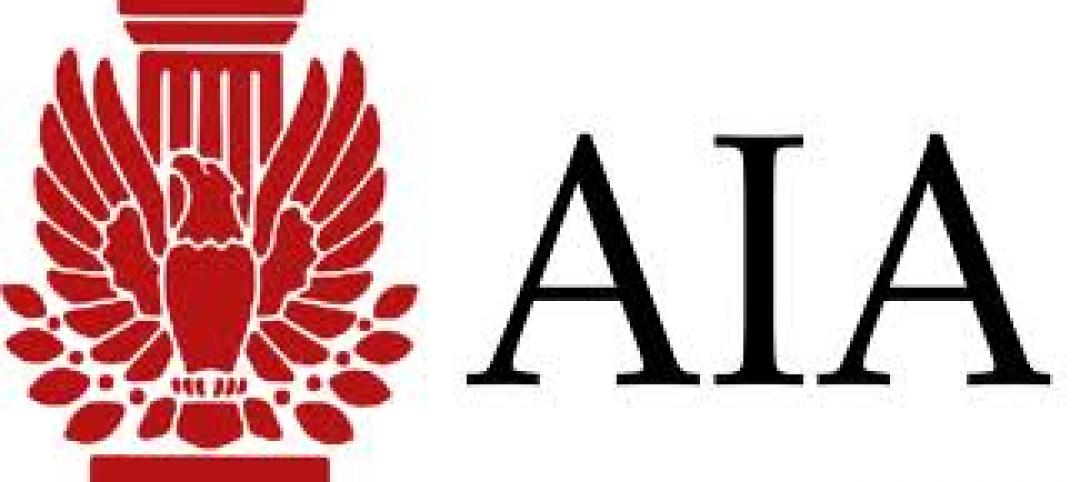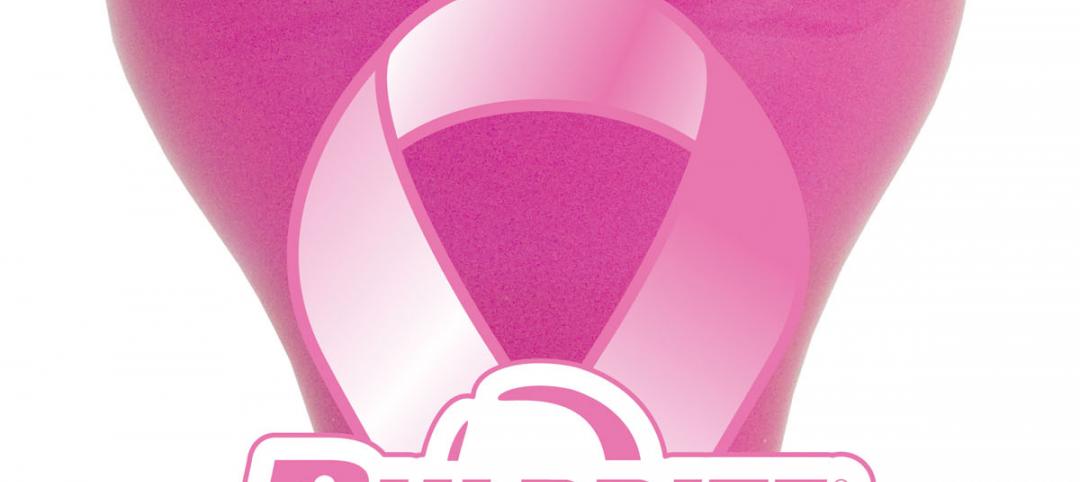A new software program that’s been more than five years in the making addresses one of the missing pieces in LEED certification—quantifying the value of going through the process.
At the Greenbuild convention in Los Angeles on Wednesday, Impact Infrastructure, a New York-based software supplier; and Autodesk, an investor in that company, introduced a beta version of Autocase for Sustainable Buildings, a web- and research-based software tool that can show building owners and their AEC teams the financial, social, and environmental returns from green strategies and practices, all in real time.
In addition, the U.S. Green Building Council (USGBC) has created a pilot credit under LEED v.4, called “Informing Design Using Triple Bottom Line Analysis,” that awards cost-benefit evaluations using Autocase that help users determine solutions for optimal returns from earning LEED points.
“What is the value of being green?” asked Mahesh Ramanujam, COO and incoming CEO of USGBC, during the press conference. He answered his own question by pointing out that in a nonresidential sector averse to sharing data, Autocase provides a much-needed measuring stick that is simple and affordable to use, and is informed by LEED’s vision.
Ramanujam framed Autocase as giving more ammunition to users that are weighing the pros and cons of LEED certification, at a time when LEED finds itself competing with several other certification programs, some of which are more focused on wellness and post-occupancy comfort and efficiency. Ramanujam suggested as well that Autocase “raises the bar” for any subsequent versions of LEED.
John Williams, CEO of Impact Infrastructure, recounted how his company and its strategic partners, which include the third-party certifier Green Business Certification Inc. (GBCI), had been working on this tool since the beginning of this decade. Early versions were too expensive, so Impact Infrastructure went back to the drawing board to refine the software so that it was not only more affordable to a broader customer base, but also much quicker to use.
“What would have cost $250,000 for a custom analysis now costs virtually nothing,” he said. “We’re filling the gap and showing value.” And an analysis that would have taken months to complete is now automated with a few keystrokes for speedy information delivery.
Ryan Meyers, Impact’s Chief Technology Officer, and the principal architect of Autocase, gave a brief demonstration of the product, showing how users plug in their own market-specific data, which Autocase applies to its analysis for calculating the savings for owners, occupants, and other stakeholders, based on a raft of existing research and case studies.
Much like Turbo Tax, Autocase has an icon at the top of its home page that tells uses how much they gain from green building. For example, if you want to know the value of sustainable water practices or how green building benefits the long-term health of occupants, Autocase can provide a dollar estimate that changes as new data are introduced.
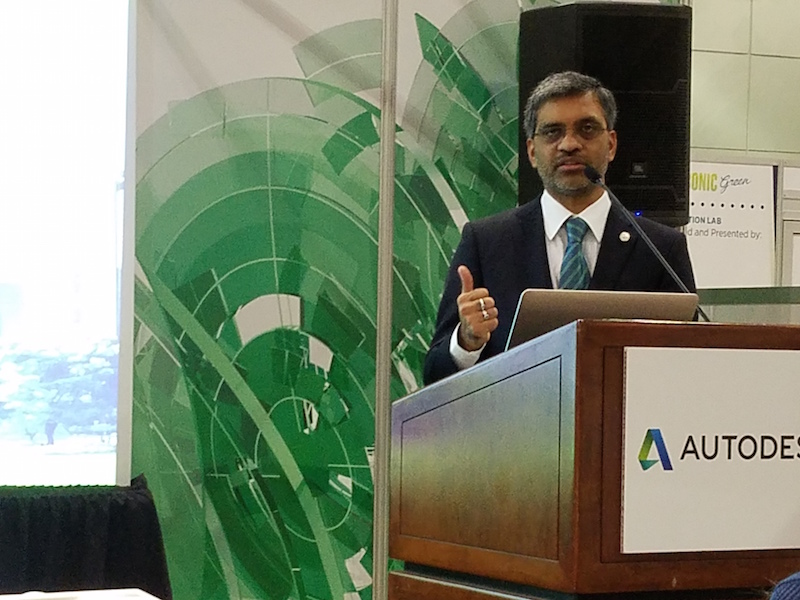
Mahesh Ramanujam, the incoming CEO of the U.S. Green Building Council, which created a pilot credit in LEED certtification for analyses that derive from Autocase software. Image: BD+C
For Johns Hopkins University’s Sustainable Campus Initiative LEED Existing Buildings certification, Autocase was used to analyze energy and water conversation practices—such as efficient lighting, heat recovery, and graywater systems—and prioritized investments in order to build a case that was used to get budgetary approval.
Dewberry is using this tool for the renovation of its corporate headquarters, said Lidia Berger, MEM, LEED Fellow, LEED AP BD+C, LEED O+M, the engineering firm’s sustainability director.
Sometime in the first quarter of 2017, Impact Infrastructure plans to release a production version of Autocase, along with a similar tool for analyzing and quantifying green infrastructure practices, said Meyers.
Related Stories
| Oct 18, 2011
St. Martin’s Episcopal School expands facilities
Evergreen commences construction on environmentally sustainable campus expansion.
| Oct 17, 2011
USGBC L.A. Chapter's Green Gala to feature Jason McLennan as keynote speaker
Chapter to presents inaugural Sustainable Innovation Awards,
| Oct 17, 2011
Schneider Electric introduces UL924 emergency lighting control devices
The emergency lighting control devices require fewer maintenance costs and testing requirements than backup batteries because they comply with the UL924 standard, reducing installation time.
| Oct 14, 2011
MaxLite receives 2011 Lighting for Tomorrow honorable mention
The judging panel was particularly impressed with the performance of this fixture.
| Oct 12, 2011
BIM Clarification and Codification in a Louisiana Sports Museum
The Louisiana State Sports Hall of Fame celebrates the sporting past, but it took innovative 3D planning and coordination of the future to deliver its contemporary design.
| Oct 12, 2011
Building a Double Wall
An aged federal building gets wrapped in a new double wall glass skin.
| Oct 12, 2011
Consigli Construction breaks ground for Bigelow Laboratory Center for Ocean Health
Consigli to build third phase of 64-acre Ocean Science and Education Campus, design by WBRC Architects , engineers in association with Perkins + Will
| Oct 11, 2011
AIA introduces five new documents for use on sustainable projects
These new documents will be available in the first quarter of 2012 as part of the new AIA Contract Documents service and AIA Documents on Demand.
| Oct 11, 2011
Pink light bulbs donated to Society of Memorial Sloan-Kettering Cancer Center
For every Bulbrite Pink Light Bulb that is purchased through the Cancer Center Thrift Shop, 100% of the proceeds will be donated to help support breast cancer research, education, screening, and treatment.
| Oct 11, 2011
Onex completes investment in JELD-WEN
With the completion of the JELD-WEN investment, Onex Partners III is approximately 40% invested.


